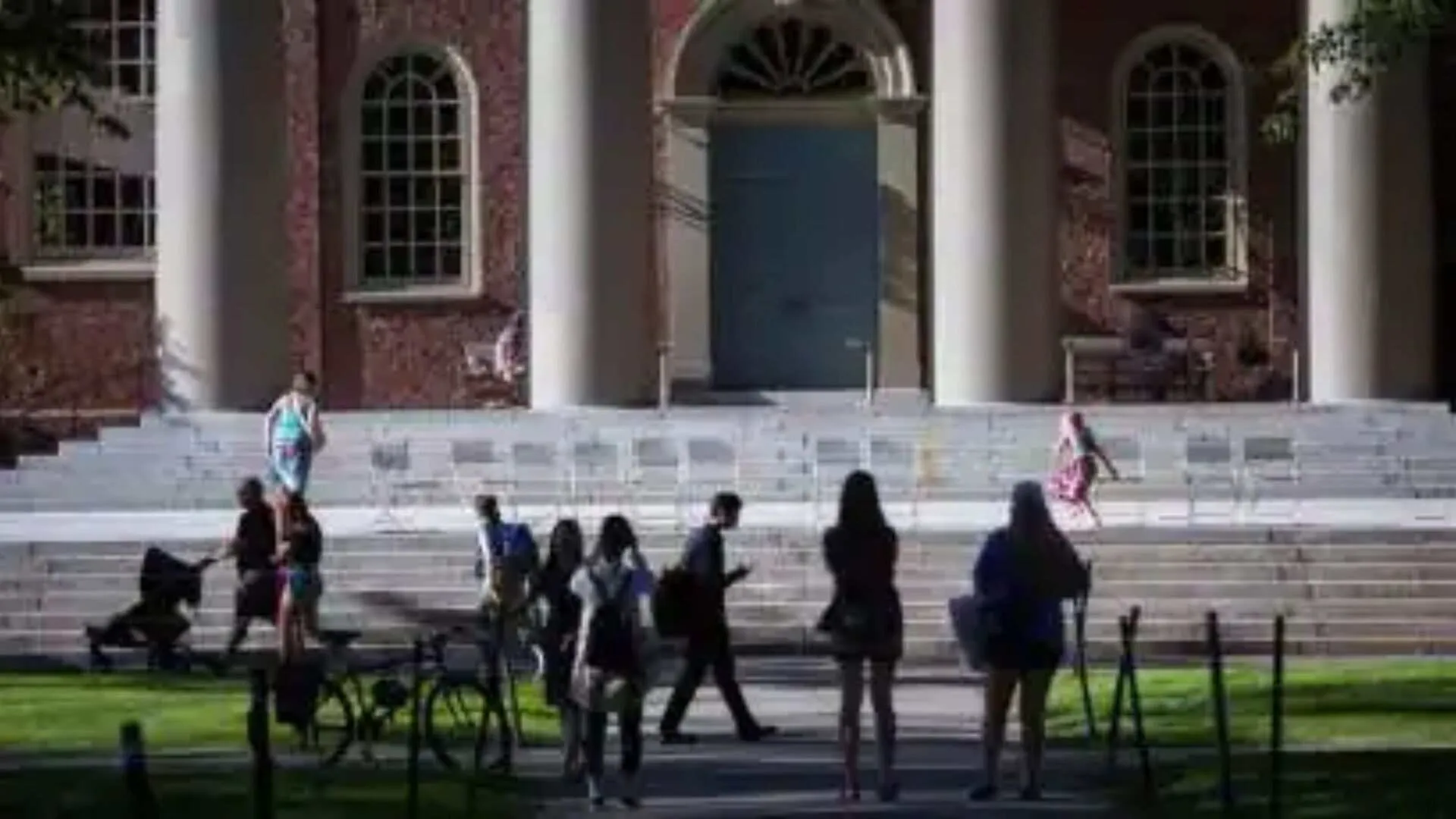A new bill presented in the US Congress has caused alarm among international students, especially those studying STEM (Science, Technology, Engineering, and Mathematics) fields, as it seeks to abolish the Optional Practical Training (OPT) program. OPT presently enables students to remain and work in the US for a maximum of three years after graduation.
The proposal has the potential to affect the livelihoods of thousands of Indian students who rely on OPT for practical industry exposure and as a precursor for obtaining long-term work visas. The Economic Times reports that the anticipated changes are a severe setback for the Indian student population, which forms the largest constituency of foreign students in the US.
The Open Doors 2024 report showed India as the largest source of foreign students in the US for the 2023–2024 academic year with 331,602 students — a 23% increase compared to the year before. Almost 97,556 students were enrolled in the OPT program and recorded a 41% increase.
While earlier efforts at rolling back OPT have been unsuccessful, this new proposal comes amidst a larger trend of anti-immigrant attitude and policies by the present administration. Stricter visa regulations and threats of mass deportations have been some of the standard fare of Donald Trump’s campaign promises, making F-1 and M-1 visa holders anxious.
Several students are now competing to find employment opportunities that would enable them to transition to the H-1B visa — an employment visa mostly supported by American and Indian IT firms — to ensure their permanence.
Telling The Economic Times, immigration attorney Poorvi Chothani, founder of LawQuest, outlined the gamble: “OPT enables students to obtain employment in the US for one year upon graduation and can be extended for another two years on the condition that you are a STEM graduate and are employed with a qualified US employer.”
She further said, “If this bill passes, OPT can just stop cold without any provision to phase into another work visa. Students might need to return to the US today.”
Chothani also recommended that students on OPT should now think of accelerating their H-1B visa applications or looking for other destinations with good work opportunities. Students who intend to study in the US in the future may also have to prepare for a situation like the UK, where students are required to return home after their course of study ends.
Aside from career interruptions, Chothani observed the potential monetary impact: “Without OPT, students could lose out on years of US-level wages that help them pay back large student loans.”
The ambiguity has already caused some Indian students to postpone summer vacations back home for fear of re-entry troubles. The report said that high-profile universities such as Cornell, Columbia, and Yale have unofficially instructed foreign students to remain in place over the academic recess.























